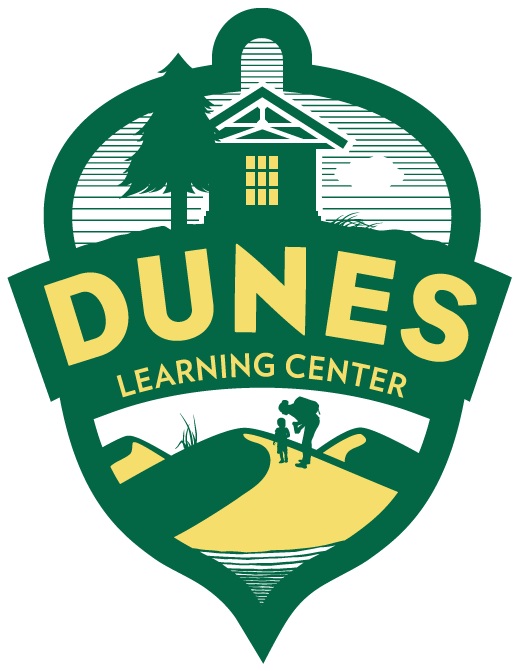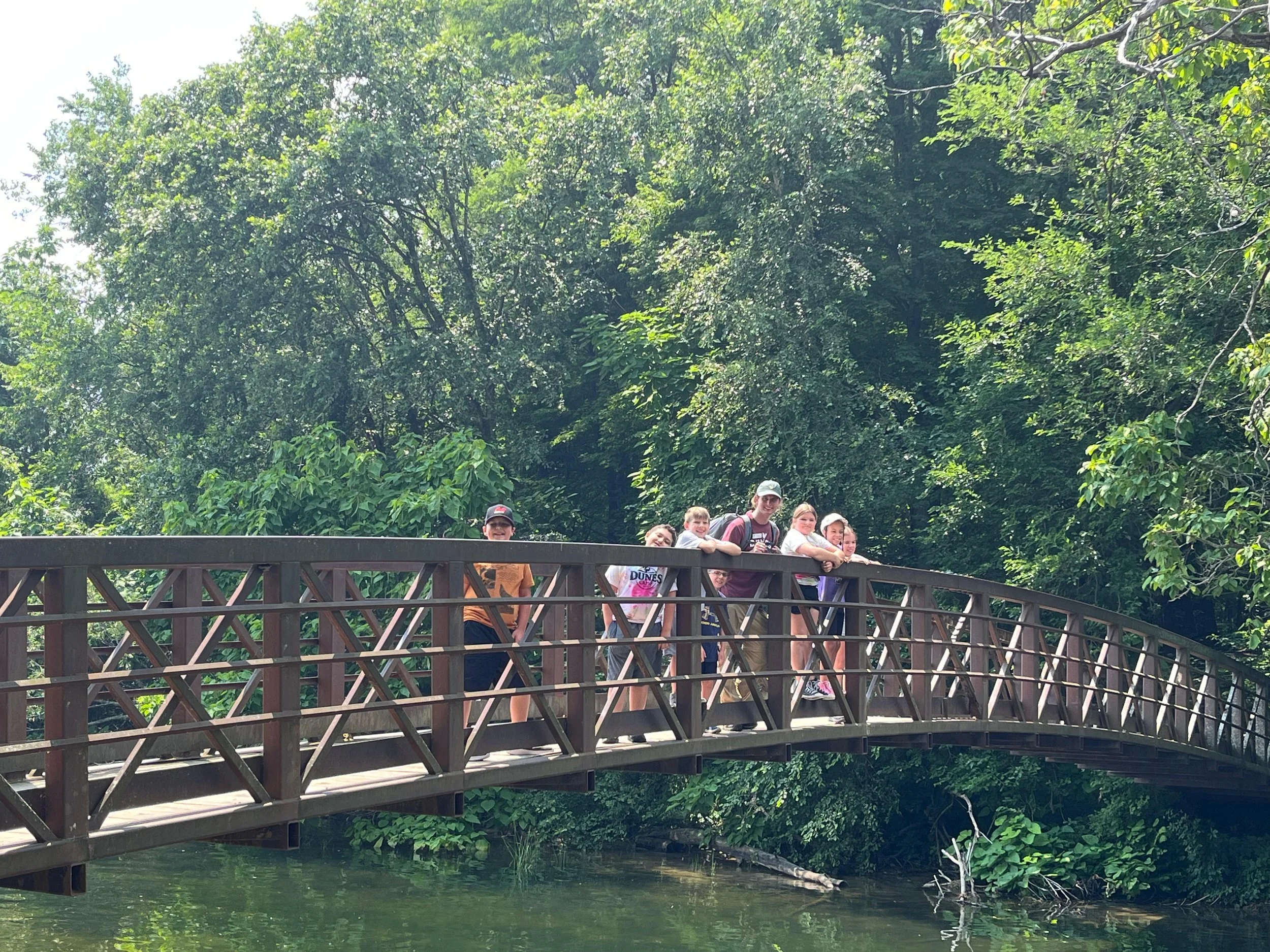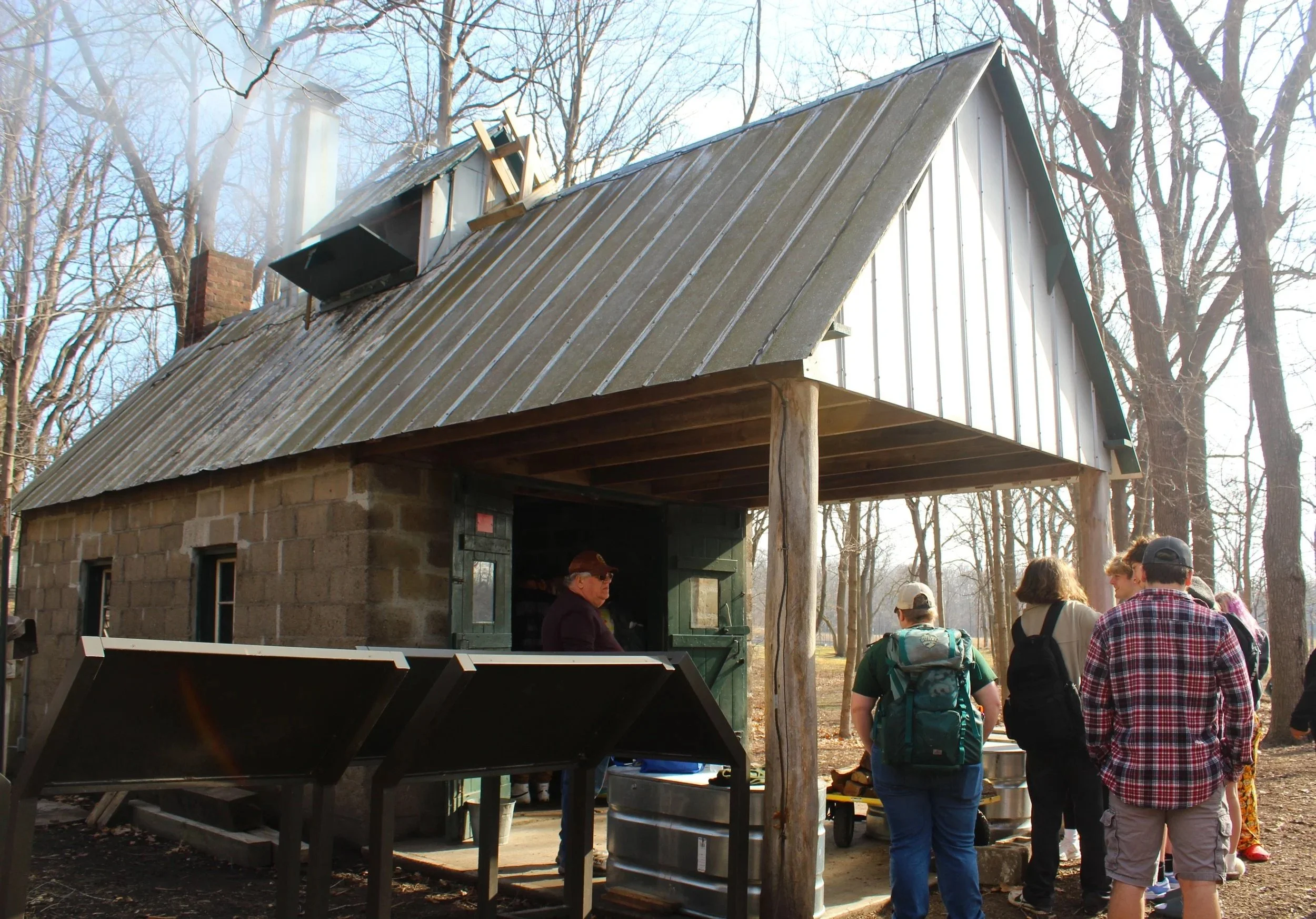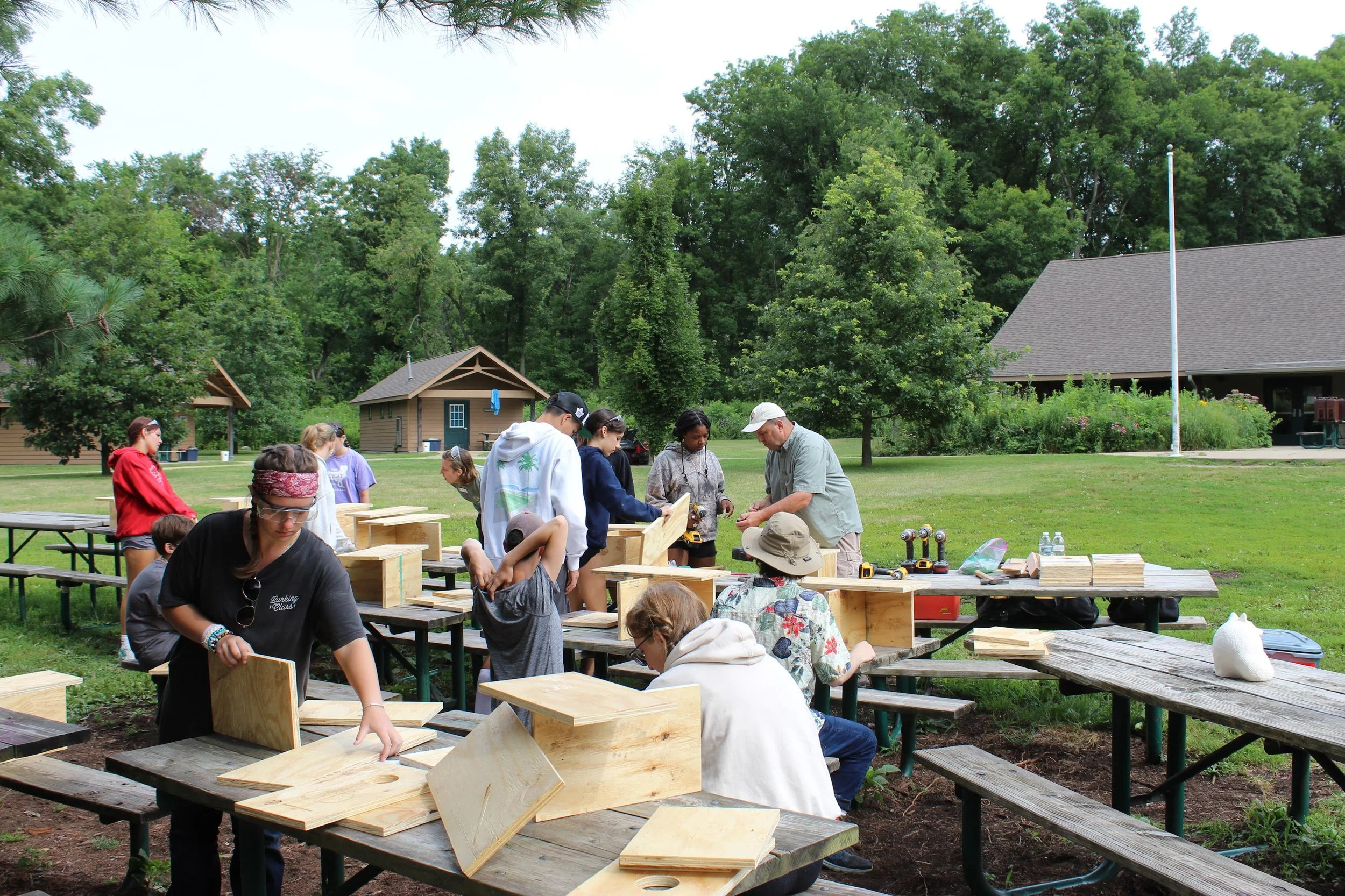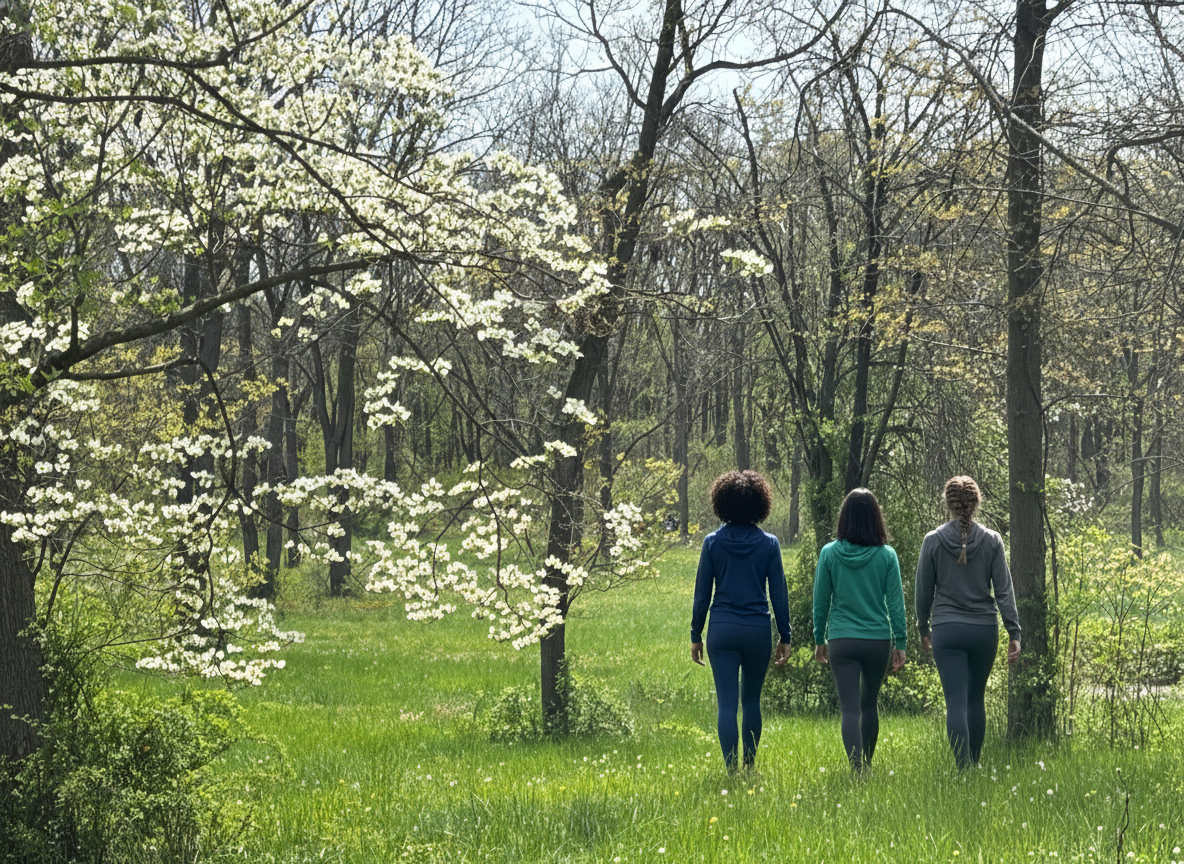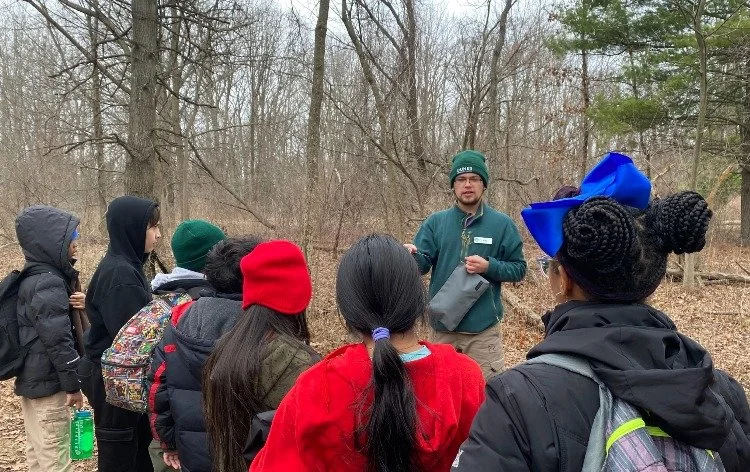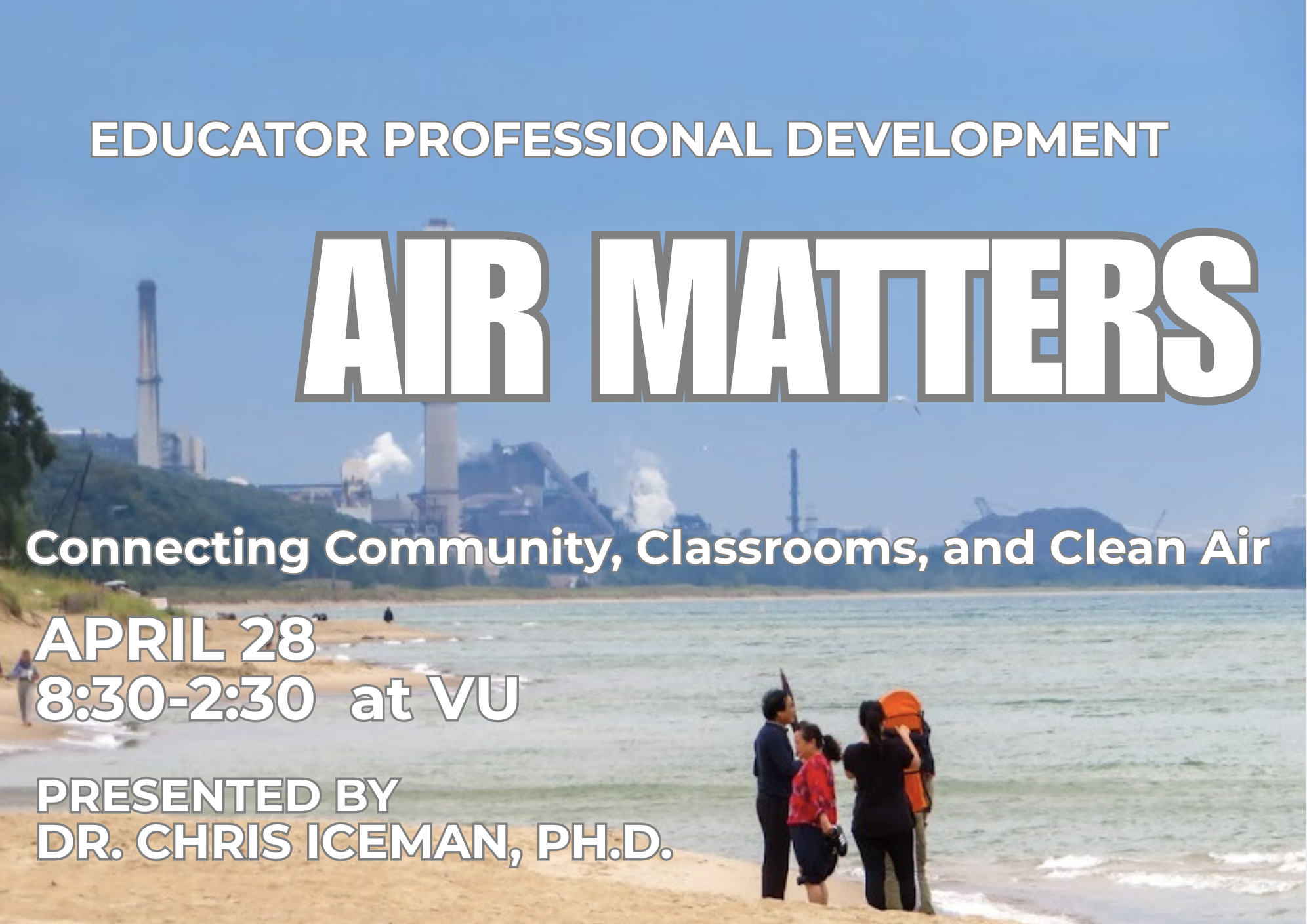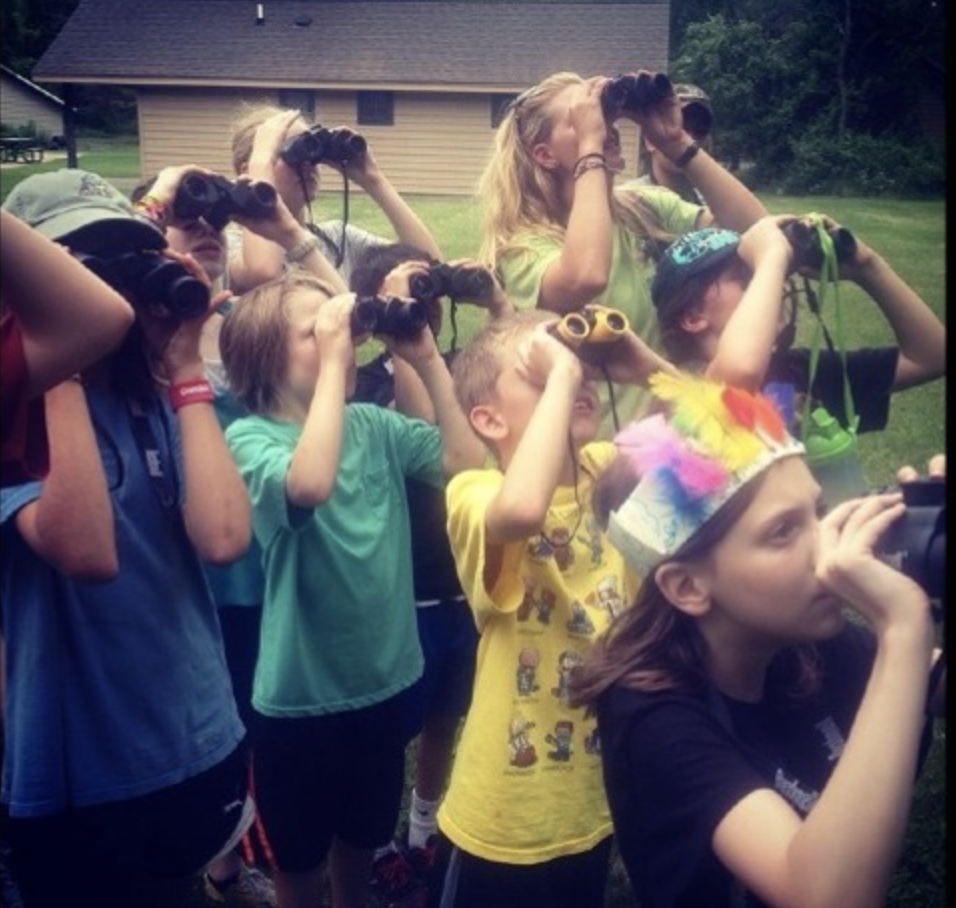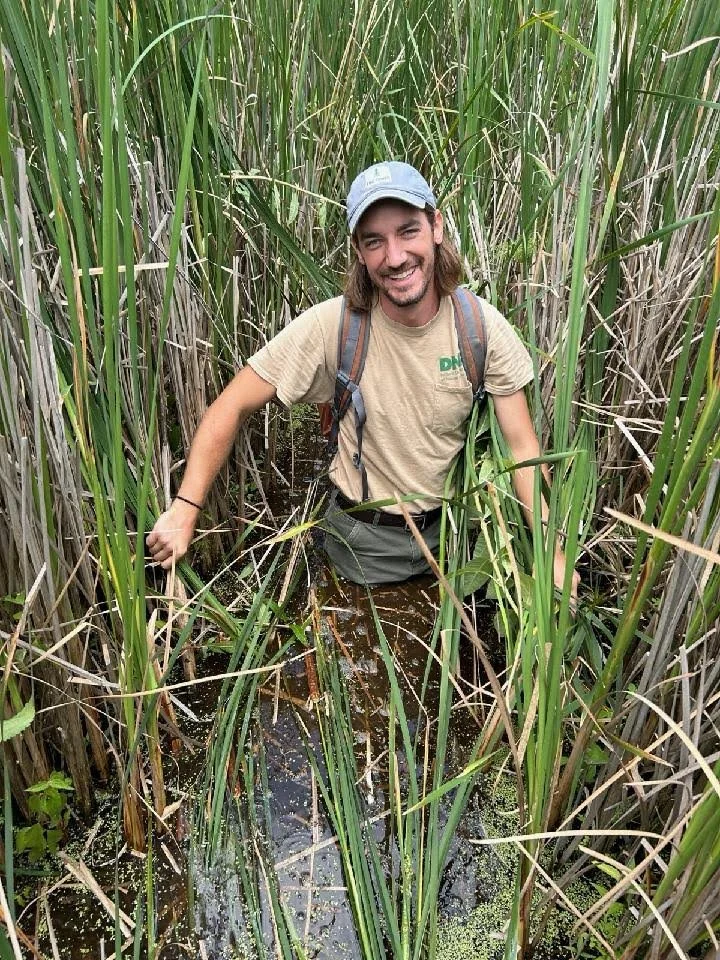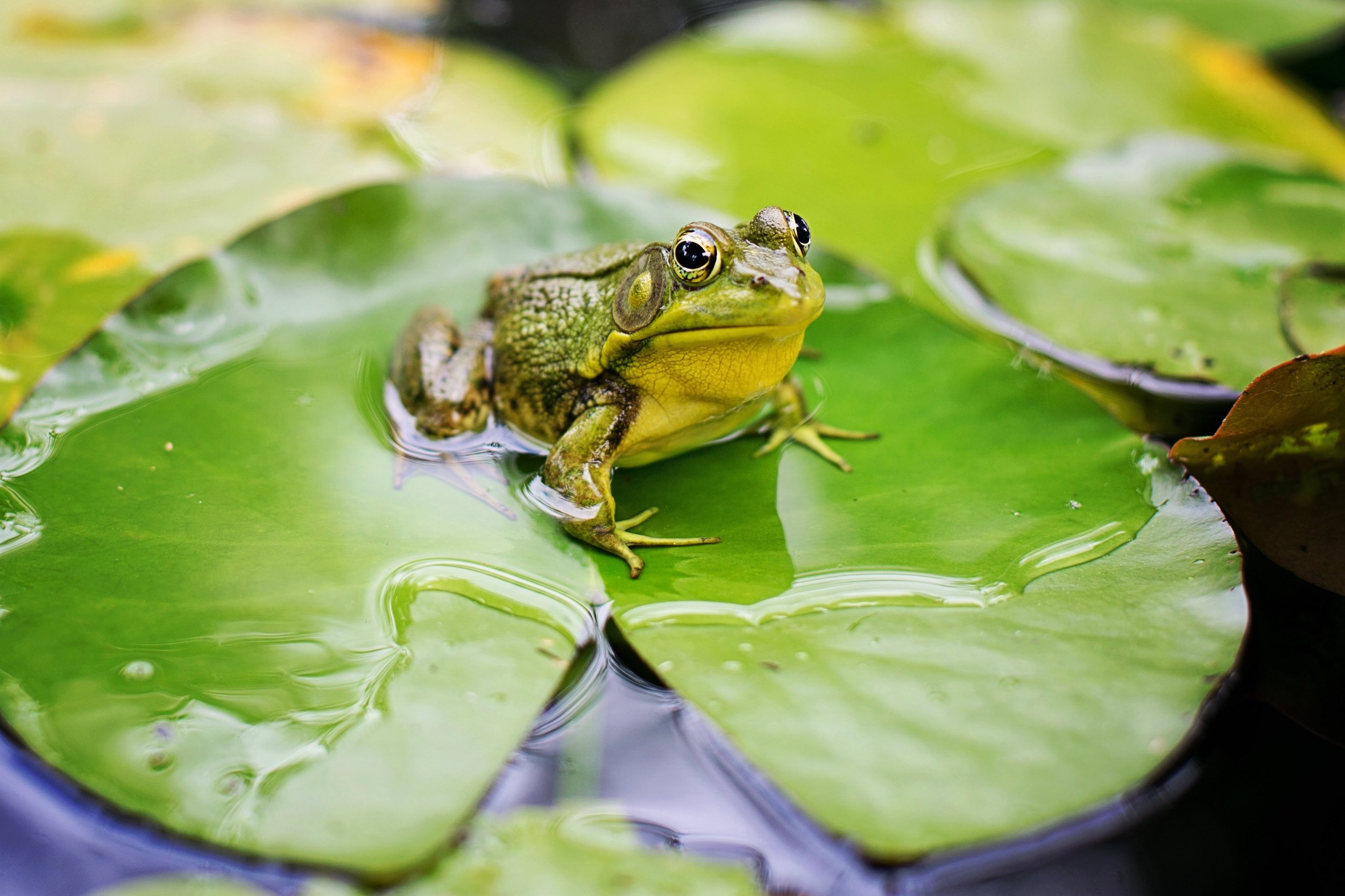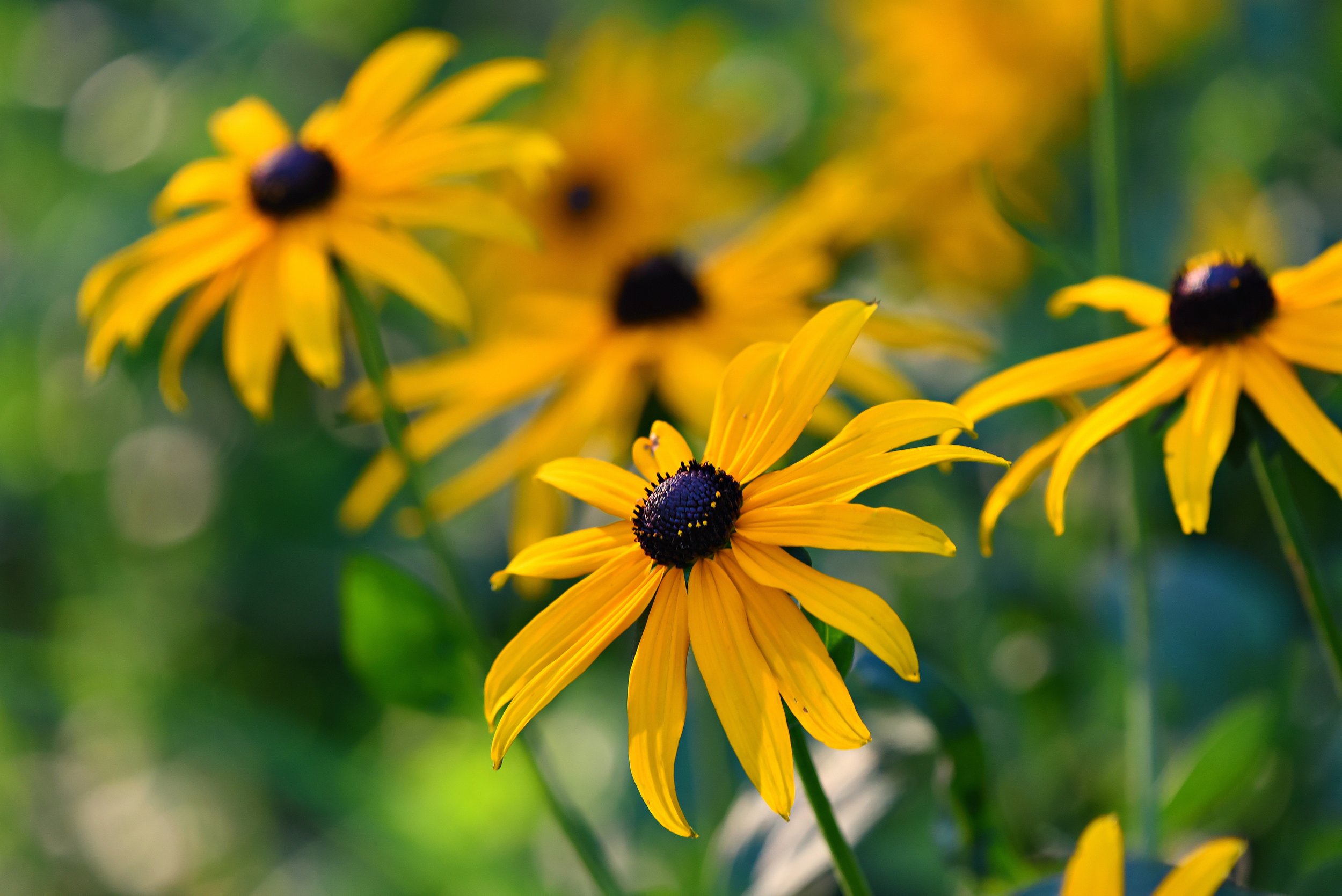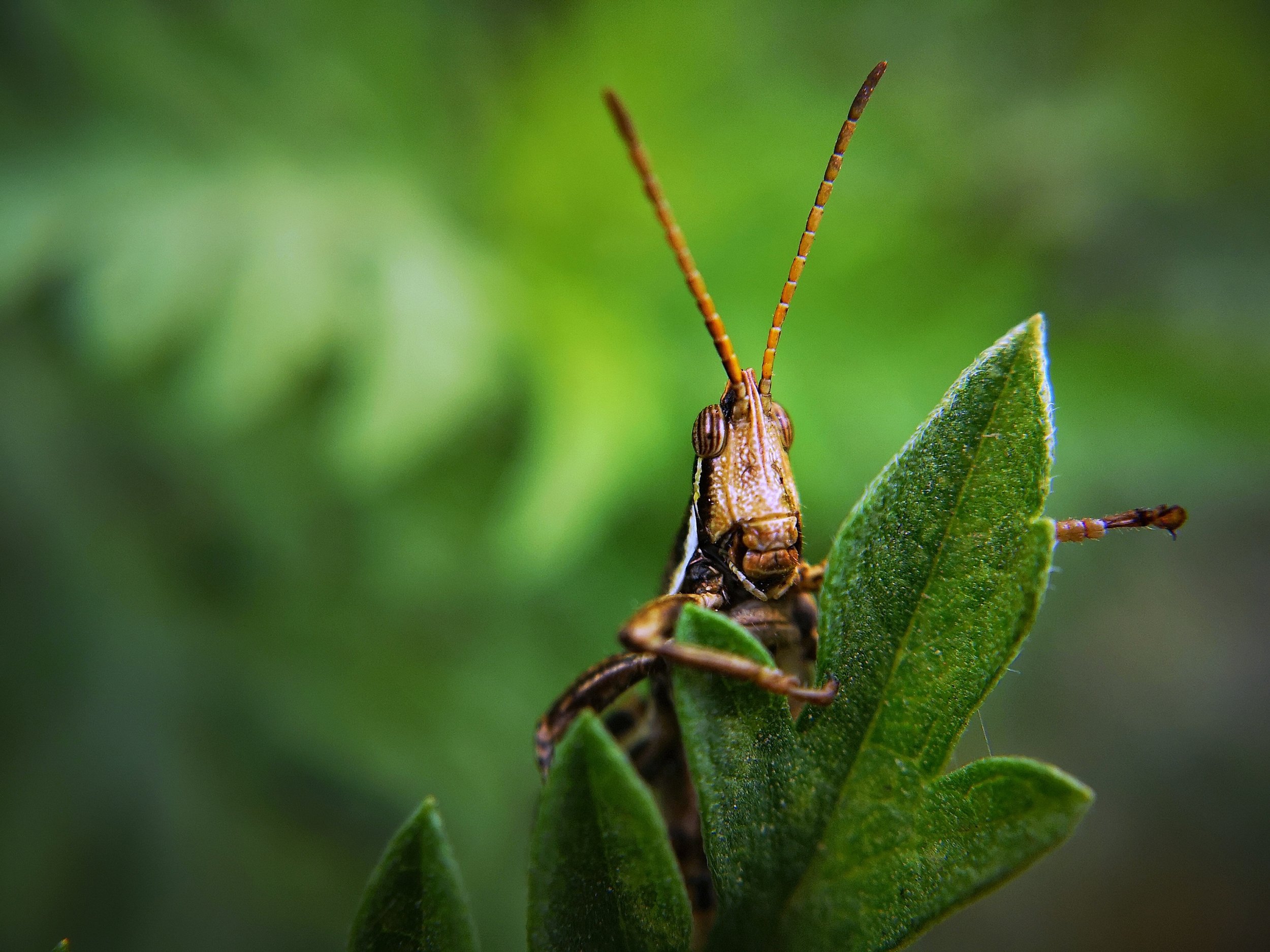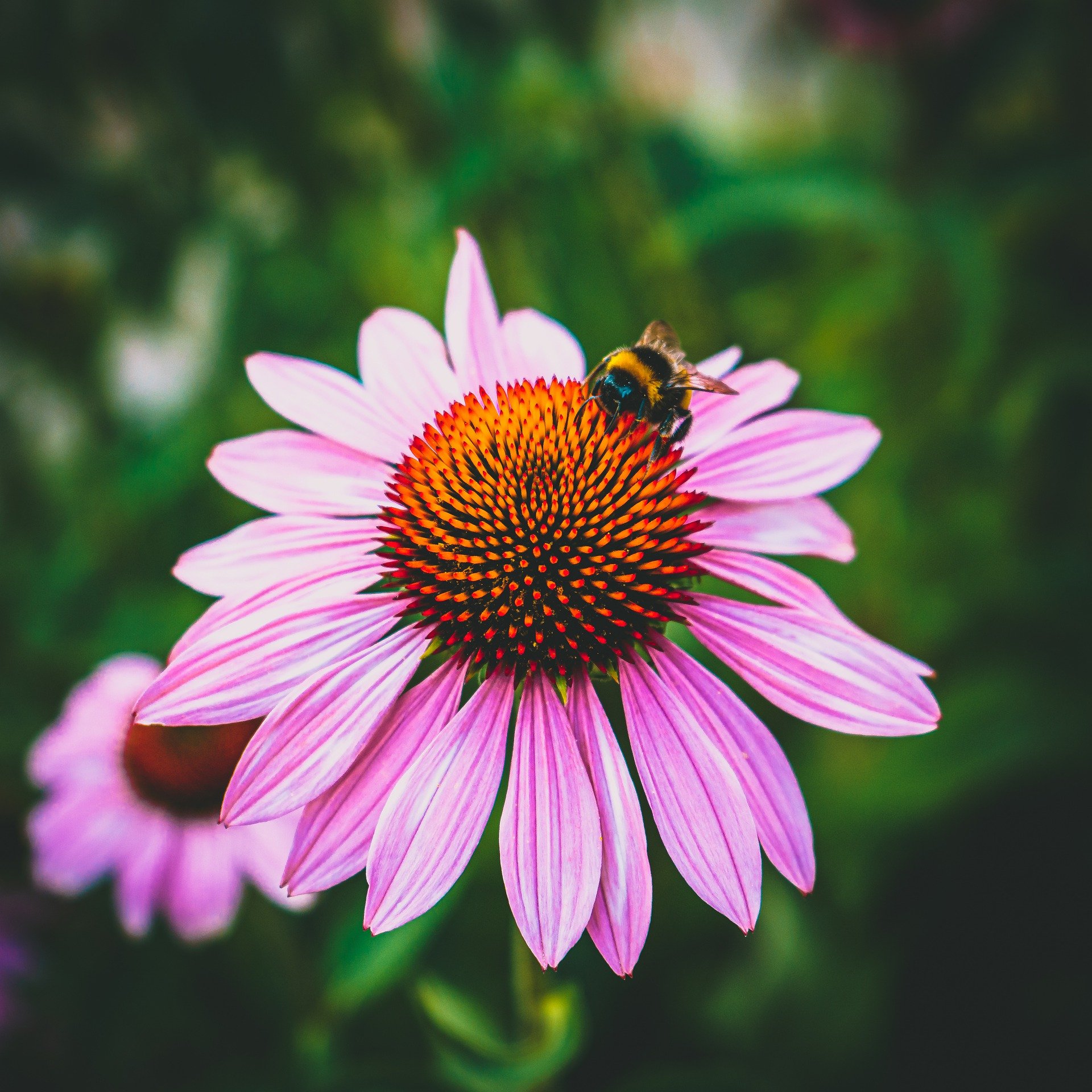COMMUNITY EVENTS
Dunes Learning Center holds year-round overnight field trips and summer camp, and we are usually not open to the public— with the exception of our community events!
Please join us for workshops, hikes, guest speakers, and casual gatherings in Indiana Dunes National Park throughout the year. Events will be posted on this page as they are confirmed, and we ask that our guests register prior to attending.
Hope to see you here soon!
Maple Sugar Time
March 9—13, 9:00 a.m. /10:00 a.m. / 11:00 a.m. / 12:00 p.m.
*Reserve at least three weeks in advance*
Maple Sugar Time is on its way, and that means so are the related ranger-led field trips! There are still slots available, so now is the best time to reserve your field trip. Visit NPS’s recently updated education page to fill out and submit a reservation form here.
Education programs will run from Monday, March 9 to Friday, March 13. Time slots begin at 9:00 am, 10:00 am, 11:00 am, and 12:00 pm. Each time slot/program lasts roughly one hour. We can only accommodate two classes per time slot. Since this is a special event, write "Maple Sugar Time" when asked where in the park you would like to visit.
A national park pass is required, but you can request a fee waiver. Please note, there are specific requirements to meet in order to be granted a fee waiver – not all institutions may qualify. Once we have you scheduled, we can forward your information to the Fee Team, and they can assist in generating a possible waiver.
Once reviewed, you will be contacted to confirm details. You must reserve your field trip at least 3 weeks in advance.
Build Your Own Bird Box Workshop
Sunday, March 22 , 1 - 4:00 pm
at Dunes Learning Center
Join us for a hands-on workshop in the world of wood, led by craftsman Paul Labovitz, and learn more about cavity nesting wildlife. At the end of the workshop, each attendee will go home with their very own hand-crafted bird box for the bluebirds in their neighborhood, and the skills to make another bird box in the future!
Cost: $30 Ages 14+
Summer Dunes Camp Open House
Saturday April 11, 1:00- 3:00pm
at Dunes Learning Center
Is your child attending camp and you want to know what it will be like? Or maybe you have a potential camper that’s curious, but not yet sure if they are ready for sleep away summedr camp. This is your chance to check out all of our facilities and get a sneak preview of our summer camp in Indiana Dunes. Meet our team of environmental educators, take a tour of our cabin, and get a sense of what it’s like at Dunes Camp. Free to attend!
Women’s Rustic Day Retreat
Sunday, April 19, 9:30am- 4:30pm
Back by popular demand, just in time for the spring equinox.
Join us for the day to explore and experience the rich landscape of your inner world while surrounded by nature in a quiet and woodsy setting. Led by Cynthia Smith, this is meant to be a gentle time of ‘just being’ in a space that feels nurturing and comfortable.
Cost: $90 Ages 18+
Backpacking Workshop
Saturday April 25, 1:00-4:00pm
at Dunes Learning Center
Join 3rd year Environmental Education Fellow Alex Butina for a hands-on workshop to set you up for success in all of your outdoors adventures. This workshop will teach you how to plan for a backpacking trip, what gear you need for a backpacking trip, and how to be successful on your backpacking trip. No backpacking gear is needed in order to join the workshop.
This training is intended for those that have no experience backpacking or those that have little experience backpacking. Participants must be able to sit through a 3 hour semi-interactive lecture.
Please bring paper and something to write with.
Cost: $5 per person Ages 14+, younger backpackers may join with adult supervision.
Air Matters: Connecting Community, Classrooms, & Clean Air
April 28, 8:30am - 2:30pm, CCLIR 261B(Christopher Library) at
Valparaiso University
Led by Chris Iceman, Ph.D., Valparaiso University
In this hands-on session, educators will dive into the world of PurpleAir sensors: affordable, real-time air quality monitors that are putting citizen science in the hands of everyday people (and soon, your students). We'll explore how these sensors actually work, map out the growing network of monitors right here in our region, and uncover how to use all that publicly available data in ways that actually fit your classroom.
By the time we're done, you'll walk away ready to turn your students into real environmental scientists that don't just learn about the air, they investigate it, question it, and understand what it means for their lives every single day.
Dunes Learning Center has generous support from the National Park Foundation to pay for a substitute teacher for your classroom. Click here for the information to prepare an invoice for Dunes Learning Center. We thank you for investing in continuing education and place based information to take back to your classroom.
Cost: $35 For 6-12th grade educators
Flocking Together with Project WILD and Project Learning Tree
May 16, 2026 8:00 a.m. -3:00 p.m. 6 PGP Points
Cost: $35 - includes a hot lunch Scholarships are available to ensure cost is not a barrier to participation. Contact: Erin Crofton at ecrofton@duneslearningcenter.org with your inquiry.
Join Indiana’s Project WILD and Project Learning Tree programs for an immersive learning experience set against the stunning backdrop of Indiana Dunes National Park during Indiana Dunes Birding Festival weekend, a peak time for spring bird migration. Participating educators will deepen their understanding of Indiana’s bird diversity, engage in hands-on educational activities, and connect with place-based resources that make learning come alive for elementary and middle school students.
Missed it? Catch the video!
Guest Speaker: Plant Communities of Indiana
Saturday, January 24 - Virtual
VIEW VIDEO HERE
We all know that the dunes are special, but what other unique areas exist across the state?
Join Wyatt Williams, plant community ecologist with the IDNR Natural Heritage program, to visit all corners of Indiana to see what important natural areas have been preserved.
This guest speaker event is provided free of charge courtesy of the Indiana Department of Wildlife.
New! For ages 0-5
Join our team of environmental educators at the Trojan Early Learning Center in Chesterton each month, and on our campus at DLC, in partnership with the Duneland Early Learning Hub!
More events coming soon, check this page for updates!
Arts activities made possible by the Indiana Arts Commission, and the National Endowment for the Arts, a federal agency.
Dunes Learning Center events are supported by our 2025 Corporate Event Sponsors, including BP America, Cleveland Cliffs, Franklin Pest Solutions, Friends of Indiana Dunes, Keramida Inc., Mark J. Mihalo Family Dentistry, NIPSCO, Shinka Sustainability Consultants, and Wickcraft Boardwalks.
